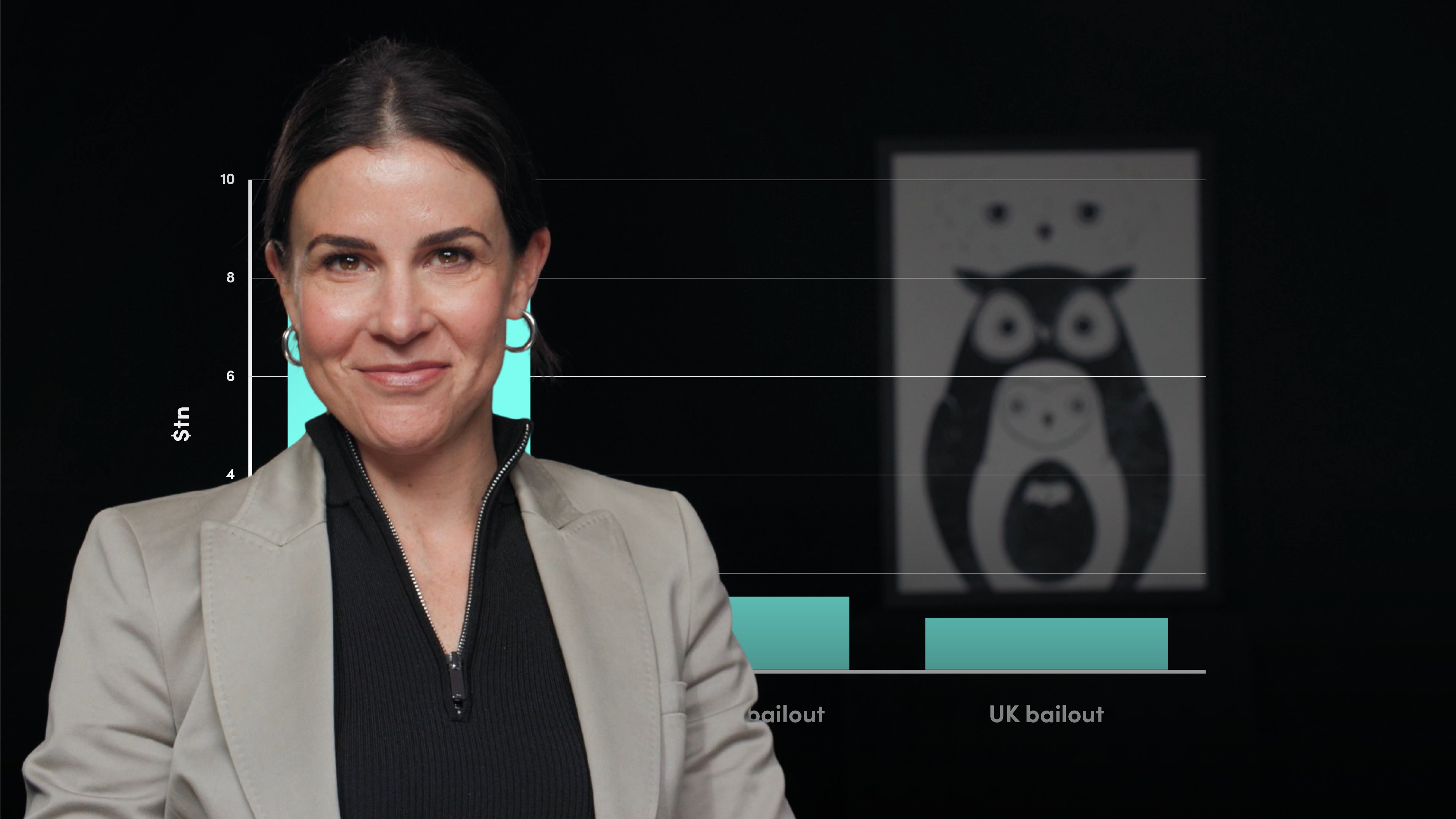
The Importance of Bank Deposit Protection

January Carmalt
20 years: Research & banking
In this video, January explores the systemic importance of deposits and how they differ from other financial assets, as well as the seismic shift in treatment by regulators since 2008, both in theory and practice.
In this video, January explores the systemic importance of deposits and how they differ from other financial assets, as well as the seismic shift in treatment by regulators since 2008, both in theory and practice.

The Importance of Bank Deposit Protection
8 mins 58 secs
Key learning objectives:
Understand why deposits are important for a bank
Describe FSCS and other deposit insurance schemes and outline their importance
Define ‘bail-in’ capital and understand how this affects depositors
Overview:
When we open a savings or direct deposit account we do so with no fear of losing our money. It’s a circle of trust, an unspoken contract between us as depositors, or creditors, and the bank, as borrowers. We trust banks to safeguard our money, and banks trust depositors to provide them with the necessary ‘sticky’ funding to continue lending and remain liquid and operational. However, since the financial crisis of 2008, in an effort to privatise losses with ‘bail-in’ capital, regulators and governments around the globe explored options that risk putting senior deposit holders in direct line of suffering potential losses. This represented a sea change in banking regulation.
Why are deposits important for a bank?
Retail savings and deposits represent the most stable and typically cheapest form of funding for a bank. They are the basic building blocks of a bank’s funding and liquidity profile. For this reason, they sit atop the capital and funding structure, the most senior form of unsecured funding of a bank.
What are the FSCS and other deposit insurance schemes and why are they important?
The FSCS represents the Financial Services Compensation Scheme. This along with other national deposit insurance schemes protect depositor sums up to a declared sum. For the uK this sum is £85k per individual. This insurance exists to increase banking stability and provide depositors peace of mind their money is safe should their bank run into financial difficulty. Ultimately, if deposits are at risk, individuals are less likely to trust financial institutions to hold their savings. Without these large sums of deposits the financial system has a greater risk of instability, and potentially, significant liquidity issues.
What is ‘bail-in’ capital and how does this affect depositors?
The Global Financial Crisis forced governments and authorities to re-think how to manage future bank failures with efforts that would both curtail systemic contagion whilst simultaneously limit the burden on the taxpayer. In spring 2014, the Bank Recovery and Resolution Directive, or BRRD was adopted in the European Union to offer comprehensive rules and arrangements to deal with failing banks at the national level, including provisions for bail-ins. The resolutions ensured banks' shareholders AND creditors of all levels pay their fair share of the costs through a "bail-in" mechanism. This means all tiers of credit , from subordinated debt all the way to once ‘bomb-proof’ deposits would be subject to potential losses, and hence deemed ‘bail-in’ capital.

January Carmalt
There are no available Videos from "January Carmalt"

